- Overview
- Symptoms
- Causes & Risks
- Tests & Diagnosis
- Treatment
- Living With
- Mobility & Assistive Devices
- Complications
- Support & Resources
- View Full Guide
Alternative Rheumatoid Arthritis Therapies

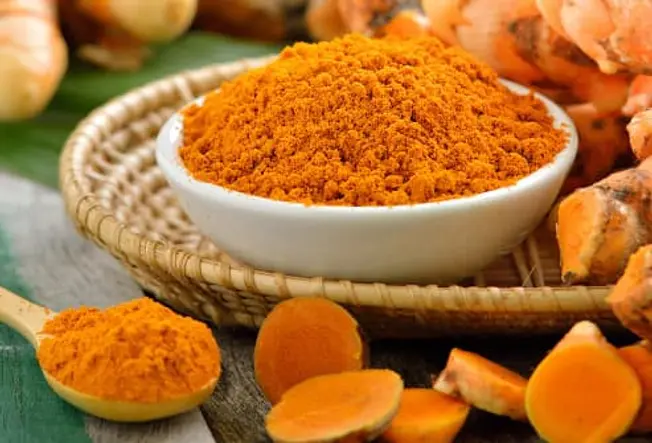
Herbs and Supplements
Are your joints sore and stiff? Some herbal remedies and supplements might help bring down swelling and ease pain. Here are a few to ask your doctor about:
- Boswellia (Indian frankincense)
- Cat's claw
- Thunder god vine
- Turmeric/curcumin
Though these herbs are natural, they can cause side effects or interfere with other drugs you take. Make sure your doctor knows about all the remedies you use.
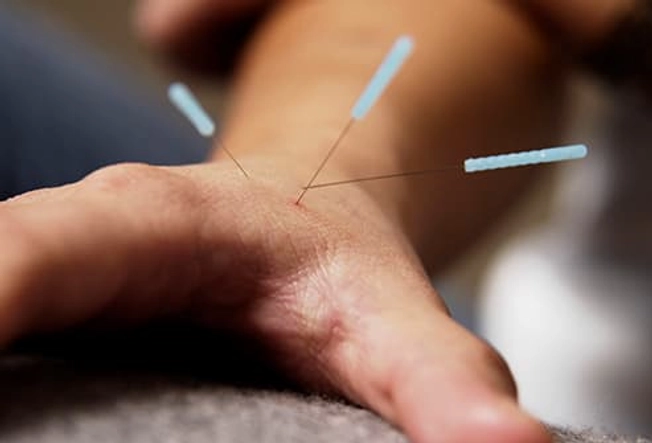
Acupuncture
Practitioners of this ancient Chinese method stick tiny needles into your skin to reroute your body's flow of energy. Acupuncture may lower levels of substances like tumor necrosis factor (TNF), which cause joint swelling. It also triggers the release of natural painkillers. Studies haven't yet proven that acupuncture helps with RA pain and swelling. More research is needed.
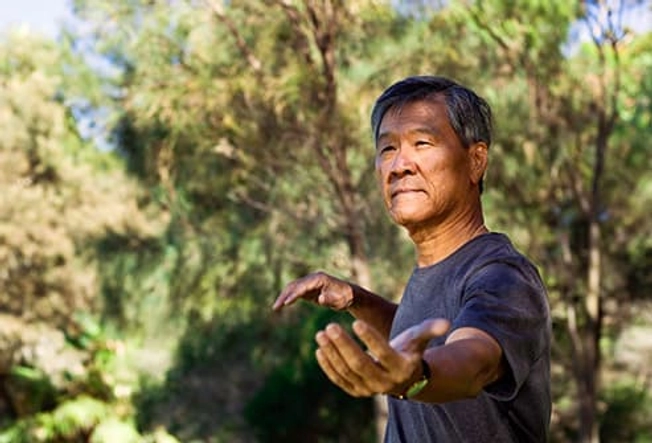
Tai Chi
If you want to exercise but your sore joints stop you, tai chi might be the answer. Its gentle, flowing movements make it an ideal way to get active without pounding your joints. Research shows it may help you get around more easily, improve your range of motion, and boost your mood.
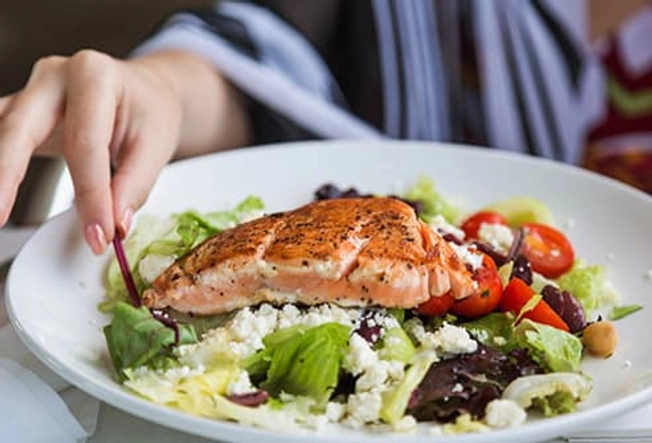
Healthy Eating
Go for foods that fight inflammation, like those in the Mediterranean diet. Try cold-water fish like salmon and tuna, fruits, veggies, whole grains, and olive oil. Studies show they can cut joint swelling and help people with RA move more easily.

Relaxation Techniques
Pain and stress go hand in hand, which may be why some methods that help you unwind show promise for RA. Try progressive muscle relaxation, where you tense and relax the muscles from your feet to your head. Or consider guided imagery, where you picture a calming image that steers your mind away from pain. You can also try deep breathing or any other technique that works for you.
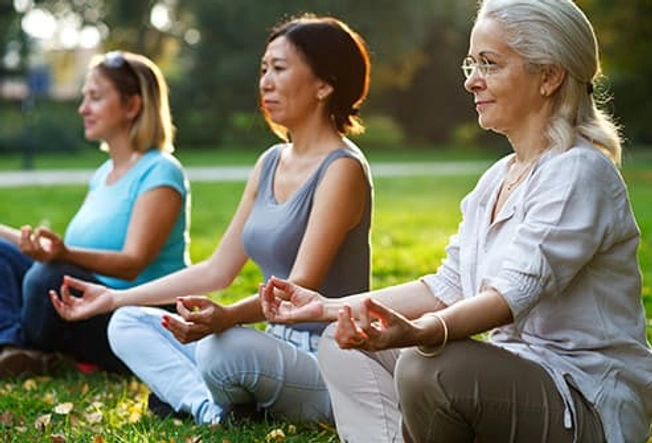
Yoga
It combines a variety of poses with deep breathing and meditation. Though studies on yoga for RA haven't proven it works, evidence so far shows the practice may improve hand strength and ease pain. Yoga can also increase your flexibility, lower stress, strengthen muscles, and improve your balance.
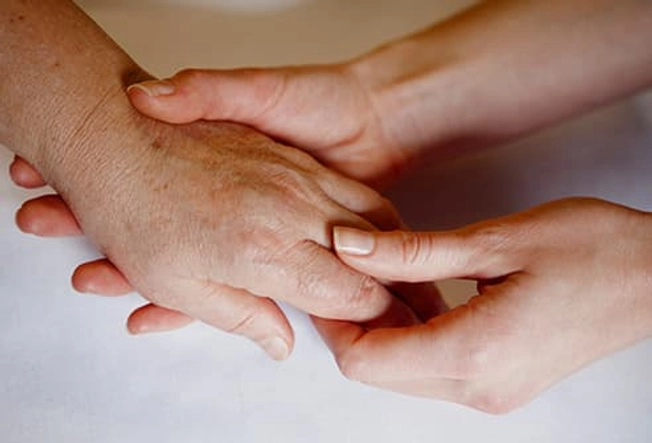
Massage
This could be just the thing to bring relief when your joints feel stiff and achy. Research finds an arm and hand massage can ease pain and improve your grip strength. A good rub-down can also knock out anxiety and help you sleep better. Before your first session, see your rheumatologist to make sure it's safe for you. And let the massage therapist know you have RA.
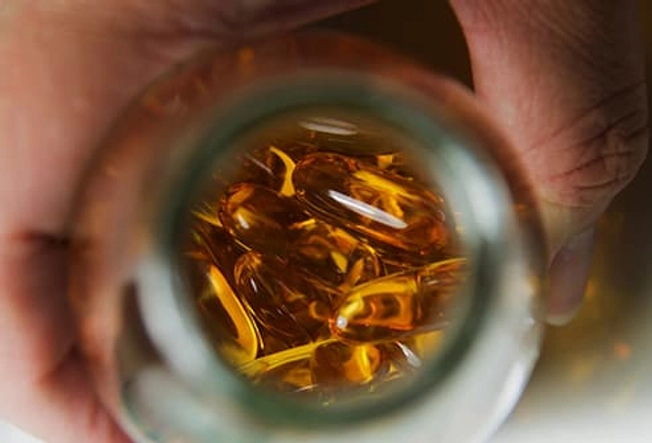
Omega-3 Fatty Acids
EPA and DHA, the omega-3 fatty acids found in fish, can be help you fight inflammation. Fish oil supplements show promise for relieving joint tenderness and stiffness in RA. A daily dose could also help you cut back on NSAIDs and other pain relievers and avoid their side effects. As an added bonus, fish oil protects your heart, too.
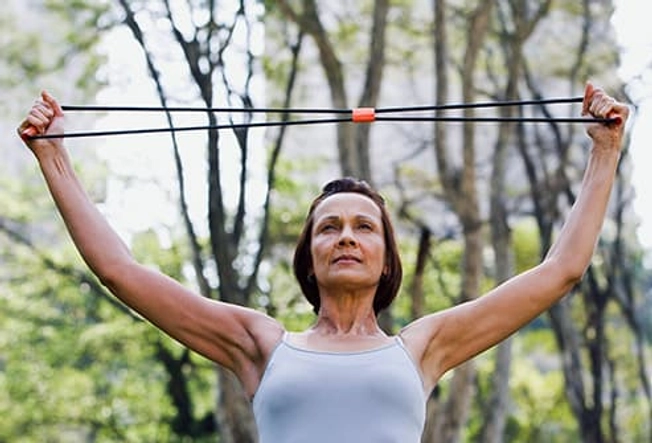
Exercise
Don't let sore joints sideline you to the couch. Exercise is one of the best ways to relieve your arthritis pain and help you move around better. Try walking and swimming, or train with light weights and resistance bands to help strengthen muscles that support your joints. Stretches are another good way to improve your flexibility. Check with your doctor before you start.
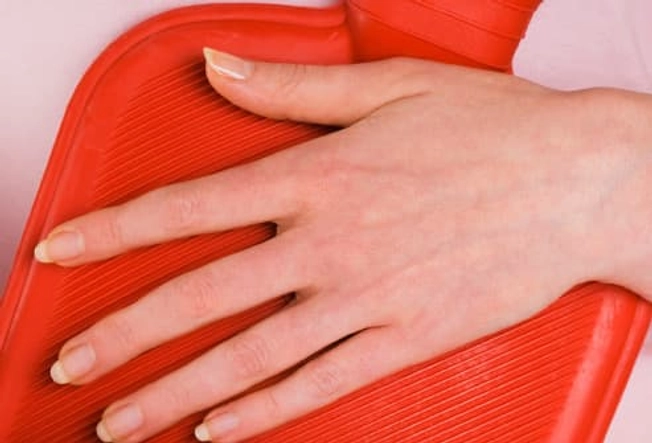
Heat and Cold
One of the easiest ways to soothe sore joints is heat or cold therapy. Heat improves blood flow and eases stiffness. Take a warm bath or shower, put a heating pad on painful joints, or swim in a heated pool. Cold brings down swelling and dulls pain. Hold an ice pack or store-bought cold pack to your joints for 15 minutes at a time. Use the method that feels best, or alternate heat and cold.

Hydrotherapy
Feel free to soak in a warm bath or pool. The warm water loosens up your tight joints, improves blood flow, and eases pain. To be safe, keep the temperature between 92 and 100 F. How long should you stay in? A 20-minute session seems to help the most.
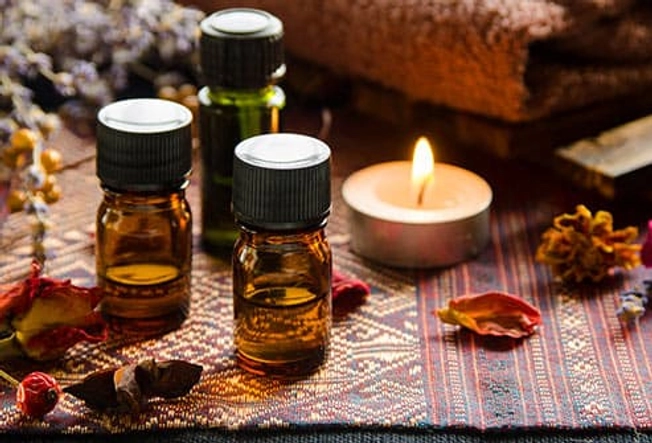
Aromatherapy
You'll breathe in fragrant plant oils, or a massage therapist can rub them onto your skin. It's not clear whether aromatherapy works for RA because so little research has been done. But evidence suggests it may relieve pain and fatigue and boost your mood.
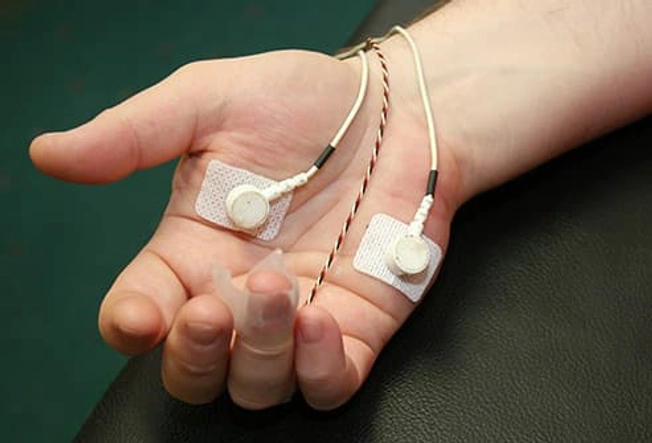
Biofeedback
It's a technique that teaches you how to control actions in your body that aren't normally under your power, like your heart rate, blood pressure, and muscle tension. You can learn how to do biofeedback at a physical therapy clinic, medical center, or at home using your computer. Studies show it might reduce pain and help you get around better.